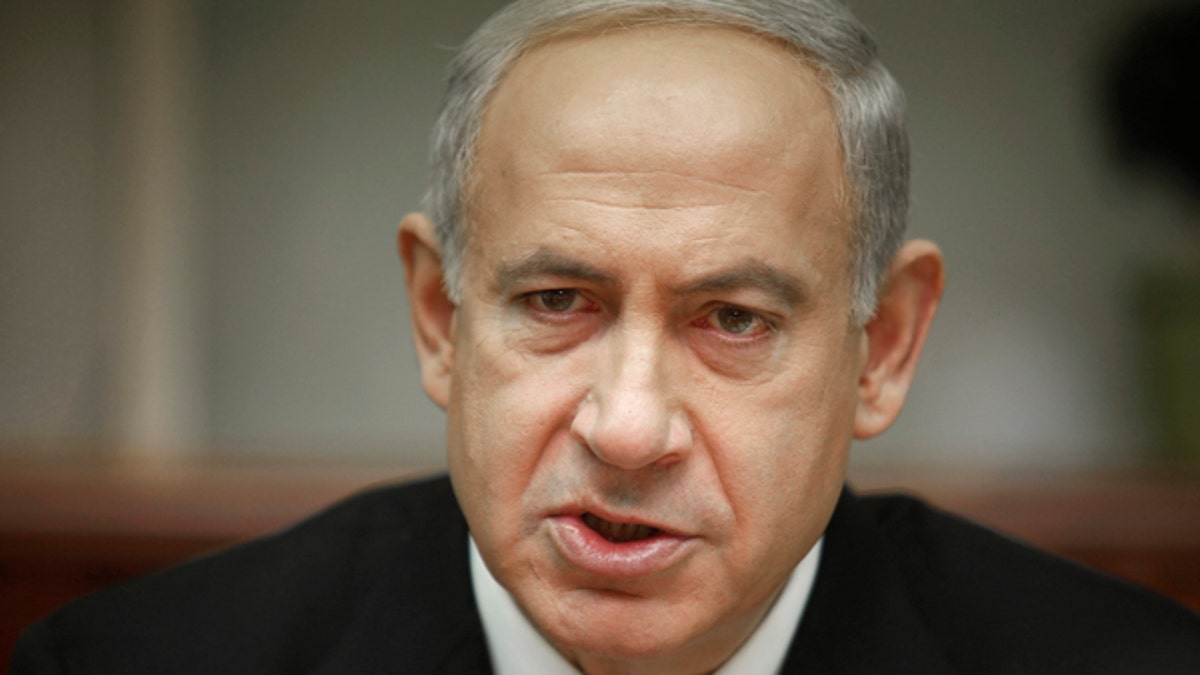
Israeli Prime Minister Benjamin Netanyahu is adamantly opposed to the deal. (AP)
Israelis began trickling into polling stations Tuesday morning to cast their votes in a parliamentary election expected to return Prime Minister Benjamin Netanyahu to office despite years of stalled peacemaking with the Palestinians and mounting economic troubles.
The election comes at a troubled time for Israel, and finds many voters saying they'll cast ballots for Netanyahu because they see no viable alternative. Polls suggest hawkish and religious parties that have been his traditional allies will form the core of his next coalition government.
The big question is whether he will be able to woo centrist parties with more moderate positions on peacemaking into his governing coalition -- and whether they would have any influence on his policies.
Israel's hard-line stance toward the Palestinians have created mounting diplomatic isolation, the economy is slowing, and in the background is the question of whether Israel will attack Iran over its suspect nuclear program.
A smiling Netanyahu arrived early Tuesday at a heavily secured polling station in Jerusalem with his wife, Sara.
After he cast his ballot, the prime minister told reporters that a flood of ballots for his list "is good for Israel."
Thirty-two parties are running for representation in Israel's 120-member parliament. Israel historically has had multiparty governments because no party has ever won an outright majority of 61 seats in the country's 64-year history.
More than 5.6 million voters are eligible to cast ballots. Polls close at 10 p.m. local time, and preliminary results are expected about two hours later.
